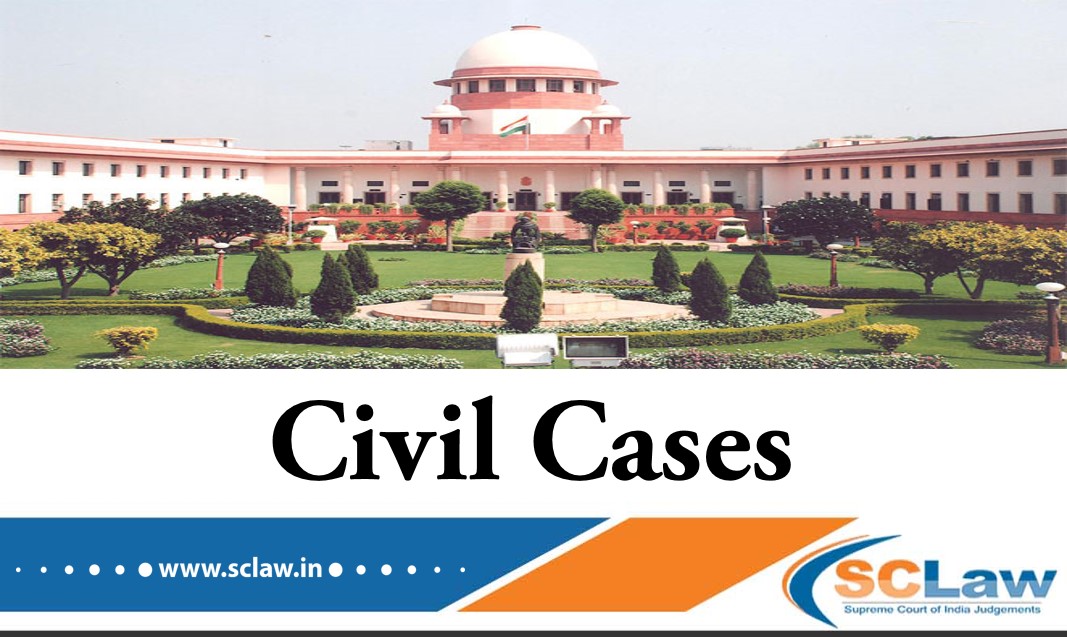In the absence of any scheme of regularisation and in the absence of any regular work being available for the posts of which the respondents claim regularisation, we do not see how the Tribunal could have granted any order directing regularisation of the services of the respondents.
(1998) 9 JT 272 : (1997) 11 SCC 228 : (1998) SCC(L&S) 122 SUPREME COURT OF INDIA UNION OF INDIA (UOI) — Appellant Vs. UMA MAHESWARI AND OTHERS —…








